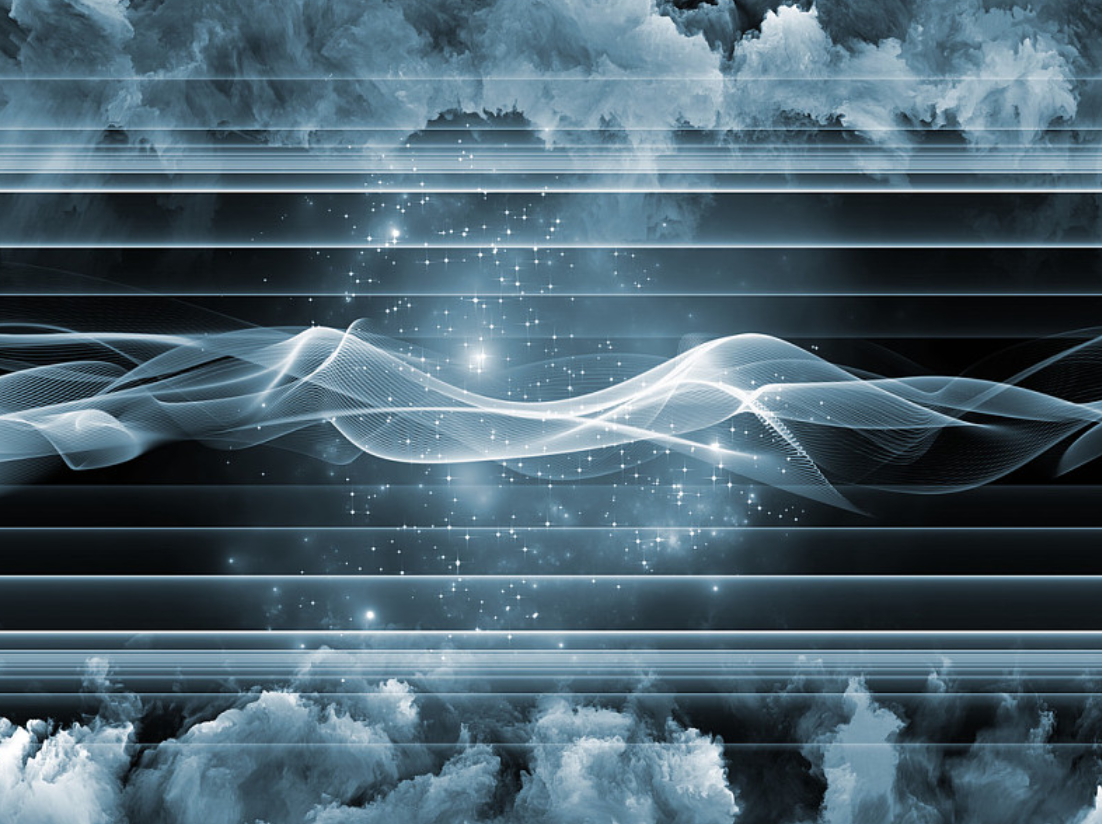
"The productive forces created by the bourgeoisie in its class rule of less than a hundred years are greater and greater than all the productive forces created in all previous generations."
The fundamental condition for the existence and rule of the bourgeoisie is the accumulation of wealth in private hands, and so it increasingly destroys the dispersion of the means of production, property and population, densifies the population,
concentrates the means of production and concentrates property in the hands of a few. On the other hand, there is the accumulation of poverty. In Wage-labor and Capital, Marx pointed out that capital presupposes wage-labor,
and wage-labor presupposes capital. The two restrict each other; The two produce each other. The wage Labour in which the worker is engaged produces the wealth of others which governs him, that is, the power which is hostile to him - capital.
Its ability to take its means of subsistence from capital is conditioned on the fact that wage-labour will again become a part of capital, and will again become a lever for putting capital into the movement of accelerated growth. The more capital increases, the more the quantity of wage-labor increases,
the more the number of wage-workers increases, and the more intense the competition among wage-workers becomes. Recognizing this contradiction between wage-labor and capital, Marx and Engels wrote in the Communist Manifesto:
"The modern worker, on the contrary, does not rise with the progress of industry, but falls more and more below the conditions of existence of his class." Workers become destitute, and poverty grows faster than population and wealth."
In Capital, Marx further defined the relationship between the accumulation of wealth and the accumulation of poverty: "At one pole there is the accumulation of wealth, and at the other pole, on the side of the class producing its product as capital, there is the accumulation of poverty, labor torture, servitude, ignorance, rudeness, and moral degradation."
It is the accumulation of poverty that makes the rule of the bourgeoisie impossible. All society up to now has been founded on the antagonism of the oppressing class and the oppressed class, and in order to be able to oppress the workers,
the bourgeoisie must ensure that the workers have at least the means to maintain their slave-like existence. The bourgeoisie, however, cannot guarantee its slaves a slave's life; it has to bring its slaves down to the point where it cannot feed them,
but wants them to feed them. Society can no longer live under the rule of the bourgeoisie, and its demise is inevitable. It should be added that the paradox of wealth in capitalist society also manifests itself in the opposition between wealth accumulation and ecological destruction, and since the Communist Manifesto does not deal with this opposition, it will not be developed here.
The paradox of freedom in capitalist society
The paradox of freedom is embodied in the opposition between freedom and unfreedom. Capitalist freedom is the freedom to buy and sell on the market, to trade, "in the context of today's bourgeois relations of production,freedom means free trade, free trade."
In his Speech on the Question of Free Trade, Marx pointed out that the "freedom of trade" proclaimed by the bourgeoisie is essentially the freedom of capitalists to exploit workers, and it is also the freedom of capitalist countries to amass wealth at the expense of other nations.
The system of free trade is disintegrating hitherto nations, bringing the antagonism between the proletariat and the bourgeoisie to a climax, and thus accelerating the social revolution.
In Capital, Marx analyzed the freedom to buy and sell. To convert money into capital, the possessor of money must find free workers in the commodity market. The meaning of freedom here is twofold: on the one hand, the worker is a free man,
able to use his labour-power as a commodity; On the other hand, he has no other commodity to sell, he is free to own nothing, and he has no means of production and livelihood necessary for the realization of his Labour power.Labour-power, or labour-power, is the sum of the physical and intellectual forces present in a man's body and used whenever he produces some useful value. Labour is bought and sold within the boundaries of the sphere of circulation or the sphere of Commodity Exchange,where freedom, equality, ownership and Bentham prevail.
It is free because the buyers and sellers of commodities, such as Labour power, depend only on their own free will; they contract as free and legally equal persons, and the contract is the free product of the common legal expression of their will. However,
once we leave the field of circulation or Commodity Exchange, we will see that the face of the characters in the play has changed. "The original possessor of money, as a capitalist, walks with his head held high;
The possessor of Labour power, as his worker, follows. One is full of smiles and ambition; One shudders and flinches as if he had sold his skin in the market, and has only one future -- to be tanned."
That is to say, the freedom to buy and sell in the field of circulation or in the field of Commodity Exchange presupposes the unfreedom of the worker who has no means of production or subsistence and can only be forced to sell the commodity of his Labour force. If the worker is free, he is free only to be forced to sell his Labour power as a commodity.

